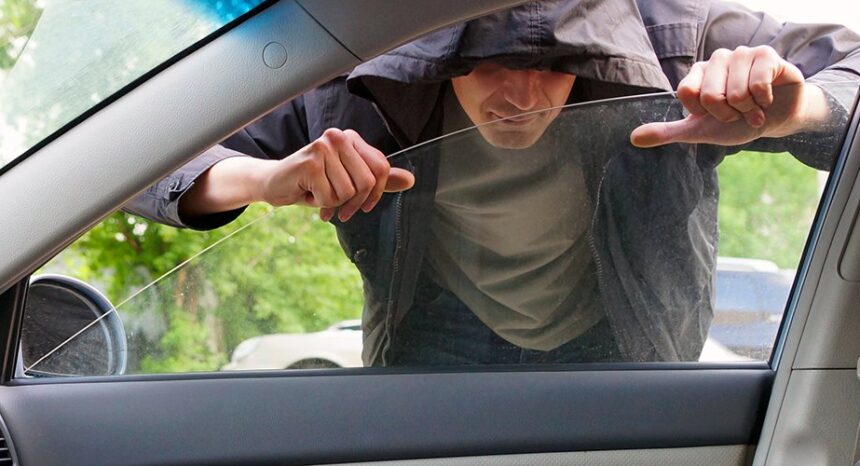Americans have ranked jobs and unemployment among the country’s biggest problems. In January 2016, the U.S. Bureau of Labor Statistics estimated that 7.9 million people – 5 percent of the total work force — were unemployed. However, the Bureau’s definition of unemployment is narrow in that it excludes some people who are not employed. The federal government counts men and women as being unemployed if they have no job but have looked for one within the past four weeks and are currently available for work. This leaves out individuals who are not actively seeking employment or are out of the labor force for other reasons. The Economic Policy Institute, a nonprofit think tank in Washington D.C., has challenged the federal government’s unemployment rate because it does not include an estimated 2.9 million “missing workers” – those who the institute indicates are unemployed and have stopped looking because of a lack of job opportunities.
Being without work for any reason can affect people’s lives in many ways. Aside from the loss of income, there are emotional effects. For example, a 2012 study published in Social Forces considers how job loss affects well-being. A 2015 study published in the American Journal of Public Health examines the impact that unemployment and insecure employment has on an individual’s health.
A number of studies also have looked at the link between unemployment and crime, with mixed results. Two scholars from Florida State University sought to understand the link between different types of unemployment and property crime in the U.S. For their 2016 study, “What Kind of Joblessness Affects Crime? A National Case-Control Study of Serious Property Crime,” authors Gary Kleck and Dylan Jackson consider four types of joblessness. For this study, being unemployed means not having a full-time job but actively seeking one. Individuals considered to be underemployed work part-time but want or need to work full-time. The third type of joblessness involves being out of the workforce for reasons that are generally considered socially acceptable – for example, being retired or disabled or working in the home, caring for small children. The fourth category of jobless people are not looking for work and also do not meet the characteristics of the other three categories.
The study, published in the Journal of Quantitative Criminology, focuses on criminal cases taken from the 2004 Survey of Inmates in State and Federal Correctional Facilities, which is an in-prison survey of a national probability sample of prison inmates. The authors specifically analyzed information related to adult inmates at state prisons who had been convicted of robbery or burglary. The authors compared information collected from inmates to a control group of non-institutionalized U.S. adults. The samples the authors used include 476 cases of robbers, 325 cases of burglars and 5,582 members of the general U.S. adult population.
Their key findings suggest:
- People who are among the fourth category of joblessness – those who are out of the labor force for reasons that generally are not socially acceptable and who also are not looking for work – are most likely to commit burglary. These individuals also are significantly more likely to commit robbery.
- People who are unemployed and seeking work are no more likely to commit robbery or burglary than individuals with full-time jobs.
- Individuals who are underemployed are significantly less likely to be involved in a burglary than someone who is working full-time. Underemployed people, however, are not much less likely to commit robbery.
- Being jobless can influence age groups differently. Someone who is between the ages of 18 and 29 and falls within the fourth category of joblessness is more than four times more likely to commit burglary than someone who is older than 30 and in the same category of joblessness. The odds ratio is more than three times higher in the case of robbery.
The authors note that there is likely something besides joblessness that increases a person’s chances of being involved in a property crime such as burglary and robbery. But their findings indicate that joblessness alone does not cause someone to commit crime. “Ultimately, our findings suggest that the link between unemployment and crime is more complex than previously assumed,” the authors state. They suggest that future research look into the way joblessness as a whole – not just the lack of a full-time job –might play a role in predicting a criminal trajectory. What also should be examined is the ways that being without a job for illegitimate reasons is linked with a propensity toward crime.
Related Research: A 2013 study published in Criminology, “Examining the Generality of the Unemployment-Crime Association,” examines the link between changes in unemployment status and changes in violent crime, property crime and driving under the influence. A 2015 compilation of labor force research looks at post-recession job and wage recovery and related trends.
Keywords: joblessness, crime, unemployment, labor force, workforce, burglary, robbery


Expert Commentary